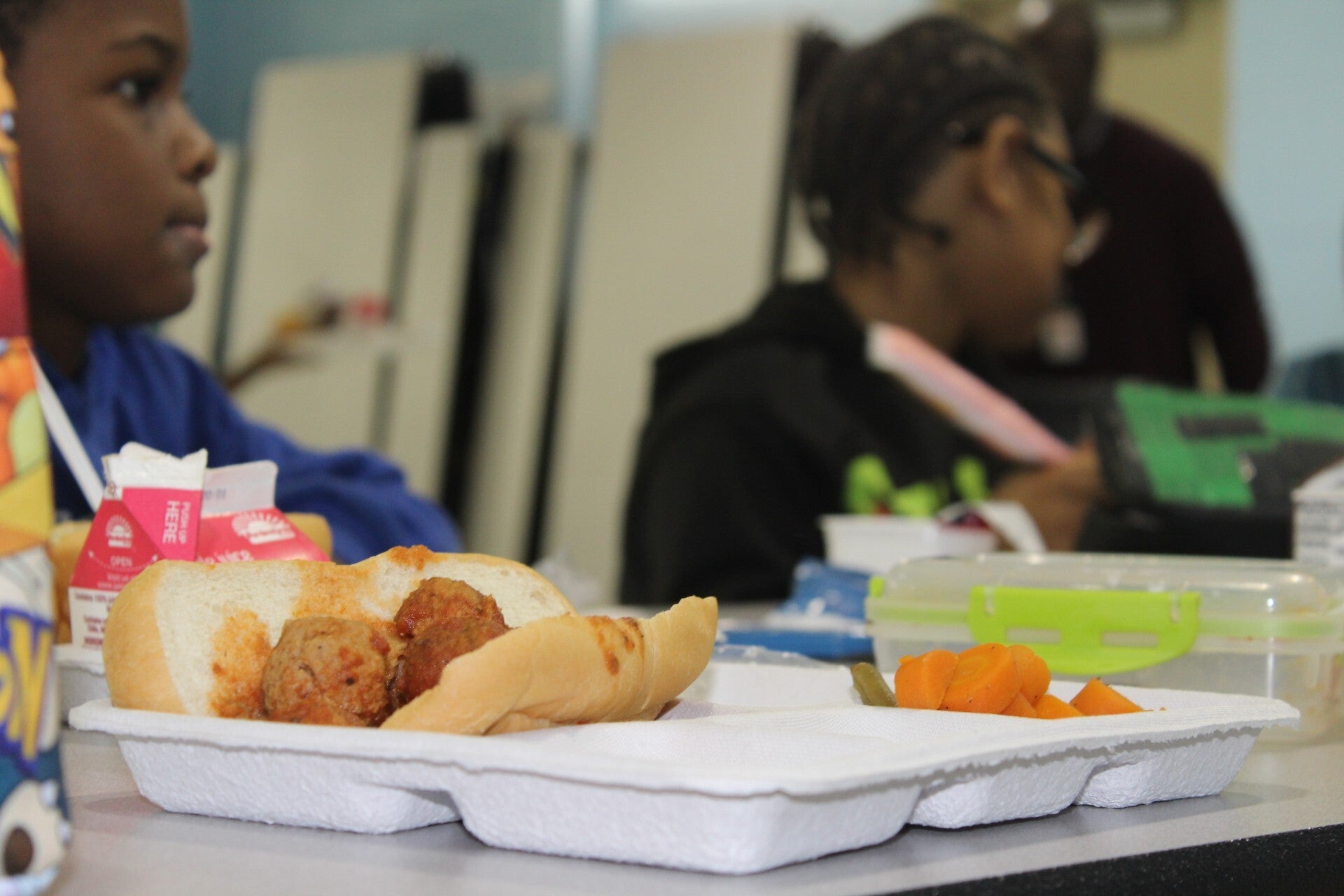
From Camden and Cherry Hill to Trenton and the Jersey Shore, what about life in New Jersey do you want WHYY News to cover? Let us know.
New Jersey is one of the wealthiest states in the nation but food insecurity remains a concern for many schoolchildren.
According to the most recent data available from the Department of Health, more than 13% of Garden State kids, about 263,000, sometimes skip a meal during the school day because their families are struggling to make ends meet.
Assemblywoman Verlina Reynolds-Jackson, the co-chair of the Joint Committee on the Public Schools, is sponsoring legislation to expand school meal options for all kids. She is supporting a separate measure, to create a pilot program that provides nourishing meals at school cafeterias.
“We want to make sure that no child goes hungry, nobody wants their child to feel that feeling, and I think we have the ability and the wherewithal to make it happen,” she said.
The New Jersey Office of Food Security Advocate is also working on a strategic plan to expand school meals across the state.
Program manager Jemmell’z Washington-Rock said this issue needs to be addressed now.
“It’s hard to operate and function at your optimal level during the workday if you’re hungry, the same goes for children,” she said. “Even more so because if they’re in a school setting, they don’t have the opportunity to just get up and help themselves to a meal. Any child that’s going hungry, that doesn’t have access to a school meal, that doesn’t have access to food, their parents are struggling, it’s one too many.”
She said studies by the Food Research and Action Center confirm that providing school meals for students is linked with improvements in the classroom and student behavior.
Washington-Rock said there are a number of reasons why some parents are not signing their children up for free school meal programs.
“By the time their child comes home, it’s one more form to fill out, or one more form to find and then complete, and then send it back with your child, and hope it makes it back with your child,” she said.
Washington-Rock said it’s important to address the existing challenges and make school meals available to all children, not just kids from lower- income families.
“It’s really about removing the barriers so that all children, regardless of their income, regardless of their zip code, regardless of their background, that they can still participate, eat a healthy and nutritious meal, have the socialization with their friends,” she said.
